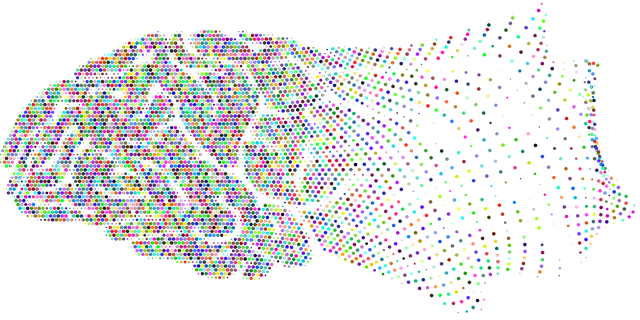Understanding and addressing mental health disorders like Superior Obsessive Compulsive Disorder (OCD) is vital for designing effective educational programs. A comprehensive approach includes emotional well-being promotion, stress management workshops, and confidence-boosting exercises. Key strategies such as Cognitive Behavioral Therapy (CBT), Exposure and Response Prevention (ERP), group therapy, mindfulness, and self-esteem initiatives are essential for Superior OCD Therapy and improving overall mental health. Implementing these in schools requires strategic planning, collaboration between teachers, counselors, and parents, along with regular educator training, to create supportive environments that facilitate early recognition and reduce stigma.
Mental health education programs play a vital role in fostering well-being and addressing challenges like Superior Obsessive Compulsive Disorder (OCD). This article explores program design, focusing on three key aspects. First, understanding mental health disorders, especially OCD, provides a crucial foundation for effective education. Next, we delve into designing therapy programs tailored to OCD, emphasizing evidence-based practices. Lastly, implementation and support strategies ensure success in school settings, promoting inclusive mental health awareness.
- Understanding Mental Health Disorders: A Foundation for Education
- Designing Effective Therapy Programs for OCD
- Implementation and Support: Ensuring Success in School Settings
Understanding Mental Health Disorders: A Foundation for Education

Understanding Mental Health Disorders is a fundamental step in designing an effective education program. This foundation involves recognizing and demystifying various conditions, such as Superior Obsessive Compulsive Disorder (OCD), which goes beyond typical OCD symptoms. By delving into these disorders, educators can facilitate meaningful conversations and dispel misconceptions prevalent in society. This knowledge empowers individuals to recognize signs early on, fostering a supportive environment for those seeking help.
A comprehensive approach should include Emotional Well-being Promotion Techniques and Stress Management Workshops within the curriculum. These activities not only enhance self-awareness but also equip participants with practical tools to manage mental health challenges. Moreover, incorporating Confidence Boosting exercises can significantly contribute to overall well-being, enabling individuals to navigate life’s stressors with resilience.
Designing Effective Therapy Programs for OCD

Designing effective therapy programs for OCD requires a multifaceted approach that goes beyond traditional treatment methods. Superior Obsessive Compulsive Disorder (OCD) therapy should integrate evidence-based techniques, such as Cognitive Behavioral Therapy (CBT), Exposure and Response Prevention (ERP), and Social Skills Training. CBT helps individuals identify and challenge obsessive thoughts, while ERP gradually exposes them to feared situations without performing compulsions, fostering anxiety relief and emotional healing processes.
Incorporating components like group therapy sessions and mindfulness exercises can further enhance the efficacy of OCD treatment. Group settings facilitate peer support and shared experiences, enabling individuals to learn from one another. Mindfulness practices help patients develop a non-judgmental awareness of their thoughts and feelings, promoting better emotional regulation and overall well-being. By combining these strategies, therapy programs aim to provide comprehensive care tailored to the unique needs of each individual struggling with OCD.
Implementation and Support: Ensuring Success in School Settings

Implementing a mental health education program within school settings requires comprehensive planning and sustained support to ensure its success. Schools play a pivotal role in fostering a healthy environment for students, addressing mental health concerns early on can significantly impact their overall well-being and academic performance. A structured approach, tailored to the age and needs of the student body, is essential. This includes integrating evidence-based practices, such as cognitive-behavioural therapy (CBT) techniques, which have proven effective in managing conditions like Obsessive Compulsive Disorder (OCD), into the curriculum.
To facilitate a smooth implementation process, schools should encourage collaboration among teachers, counselors, and parents/guardians. Regular training sessions for educators on mental health policy analysis and advocacy can enhance their ability to recognize and support students’ psychological needs. Moreover, promoting self-esteem improvement initiatives alongside academic lessons empowers students with coping mechanisms, boosts confidence, and creates a supportive school culture. Such holistic efforts contribute to the long-term success of the program, ensuring that students receive the necessary tools to navigate and overcome mental health challenges effectively.
Mental health education programs, especially those focused on disorders like OCD, play a pivotal role in fostering understanding and support. By combining solid knowledge with effective therapy designs, such as superior OCD therapy models, schools can create inclusive environments that promote student well-being. Through proper implementation and ongoing support, these programs empower students to manage their mental health effectively while encouraging empathy and compassion among peers. This holistic approach ensures that every student receives the necessary tools to thrive academically and socially.











